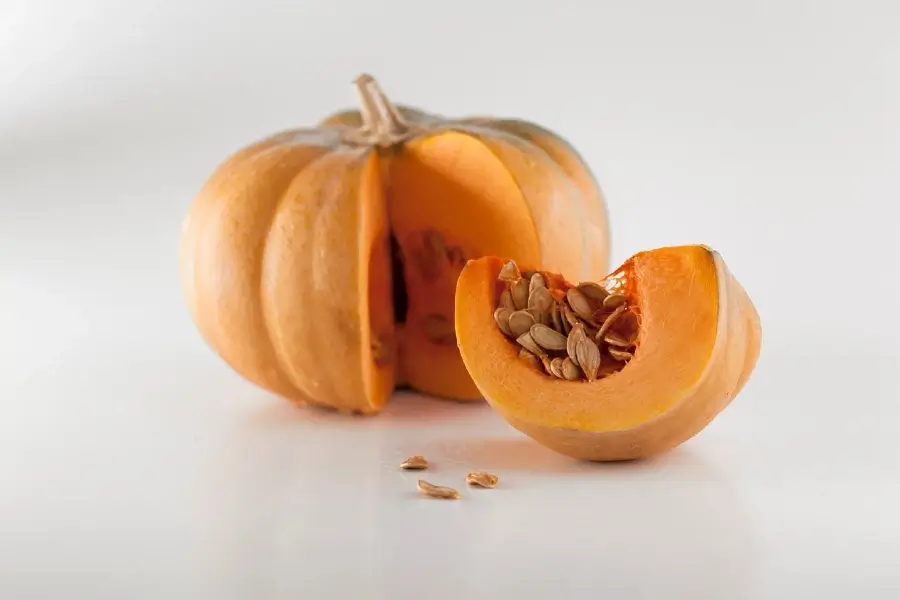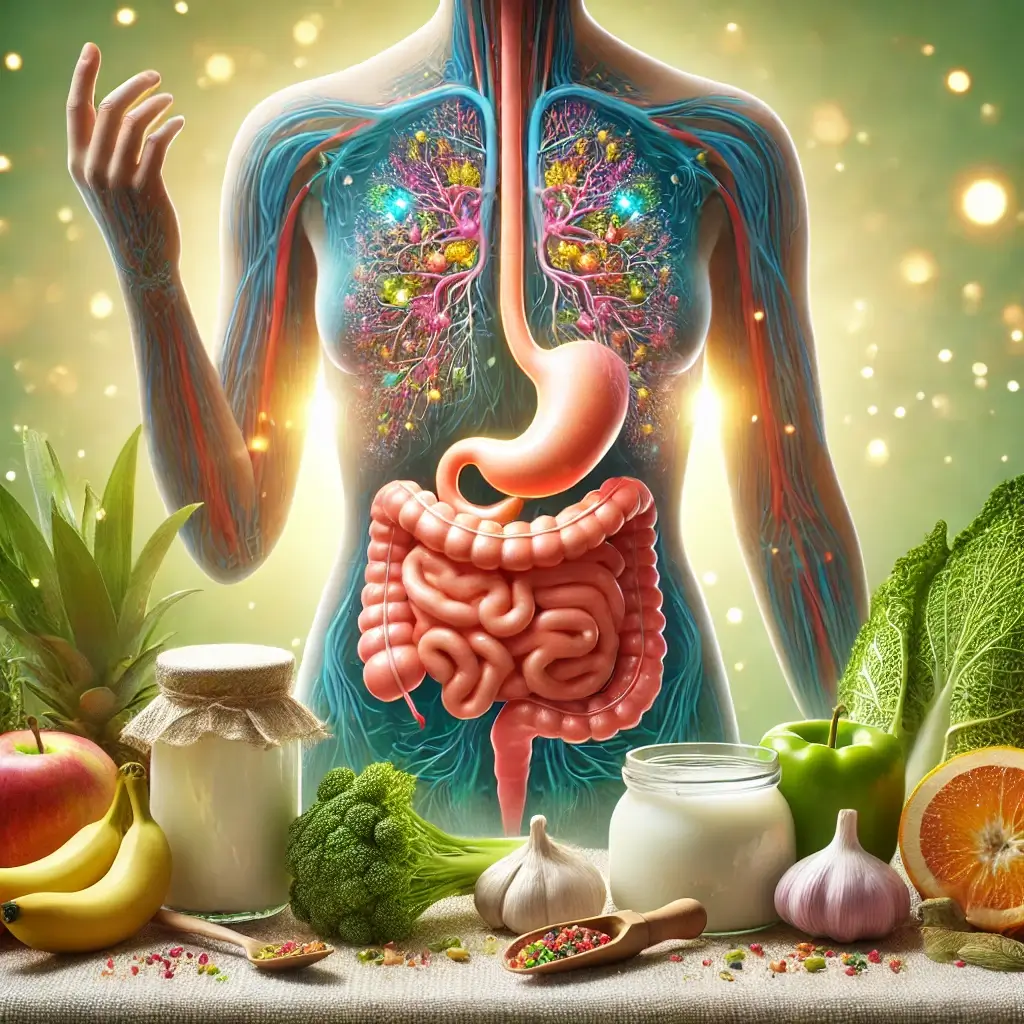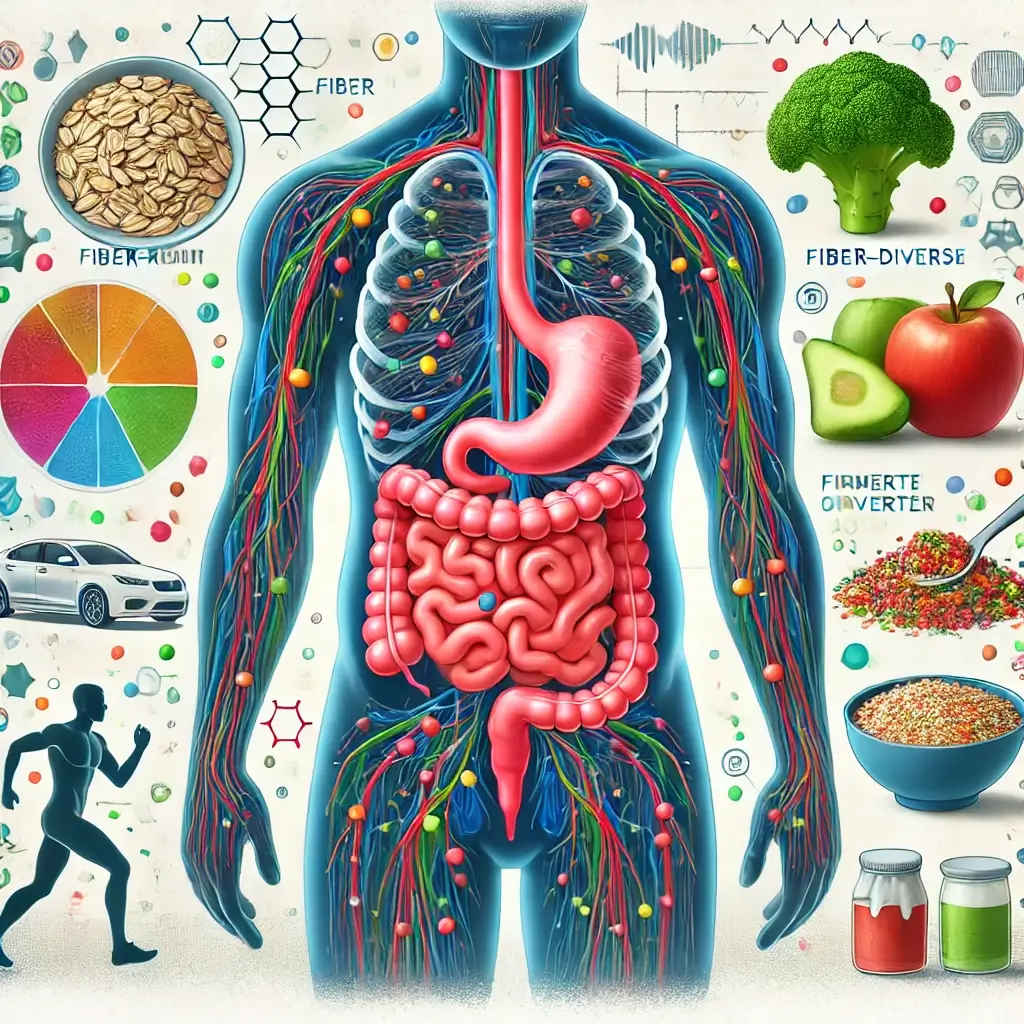Health Benefits of Pumpkin
Pumpkin is a nutritious and adaptable food that provides numerous health advantages. It is rich in vitamins A, C, and E, potassium, fiber, and antioxidants. The following are some of the health benefits of pumpkin:
Improves vision: Pumpkin contains beta-carotene, which the body converts into vitamin A. Vitamin A is needed for clear vision, particularly at night.
Boosts immunity: Pumpkin is high in vitamin C, which helps to boost the immune system.
Vitamin C is also an effective antioxidant that can help protect cells from harm.
Lowers the risk of cancer. Pumpkins include carotenoids and plant pigments with antioxidant and anticancer effects.
A carotenoid-rich diet are less likely to acquire some types of cancer, such as lung, stomach, and prostate cancer.
According to studies, persons who consume a carotenoid-rich diet are less likely to acquire some types of cancer, such as lung, stomach, and prostate cancer.
Improves digestion: Pumpkin is high in fiber, which promotes digestive health. Fiber helps to thicken up stool and avoid constipation.
Protects the heart: Pumpkin contains potassium, which helps to regulate blood pressure. Pumpkin also includes antioxidants, which can help protect the heart from disease.
Pumpkin is a low-calorie, high-fiber meal. Fiber can help you feel full after eating, which aids in weight loss.
Pumpkin has various health benefits, including the capacity to protect the heart.
Pumpkin has various health benefits, including the capacity to protect the heart. This is due, in part, to pumpkin’s high potassium content, an essential element that aids in blood pressure regulation. High blood pressure is a crucial risk factor for heart disease; therefore, eating potassium-rich foods like pumpkins can help control blood pressure.
But that’s not all: Pumpkin contains several antioxidants that can help protect the heart from illness. Antioxidants can neutralize damaging free radicals in the body, preventing cell damage and contributing to the development of chronic diseases like heart disease.
Pumpkin is strong in carotenoids, a type of antioxidant that has been demonstrated to protect the heart. One carotenoid, specifically beta-carotene, has been related to a lower risk of heart disease.
Pumpkin is high in potassium, antioxidants, and fiber, which are beneficial for heart health. Fiber helps lower cholesterol and lessen the risk of heart disease.
Whether roasted, pureed, or baked into a beautiful pumpkin pie, this versatile vegetable adds nutrition and flavor to any meal.
Including pumpkin in your diet is an excellent way to protect your heart and improve overall health and wellness. Whether roasted, pureed, or baked into a beautiful pumpkin pie, this versatile vegetable adds nutrition and flavor to any meal.
In addition to its health benefits, pumpkin is a delicious and adaptable dish that can be prepared in various ways. Pumpkins can be roasted, baked, steamed, or pureed. They can also be used to prepare soups, stews, pies, breads, and other foods.
Here are some ways to incorporate pumpkin into your diet:
Consider including pumpkin in your diet to reap its numerous health advantages.
Mix roasted pumpkin chunks into salads, soups, and stews.
Puree pumpkin and mix it into smoothies, yogurt, or cereal.
Bake pumpkin pie, muffins, or bread.
Mix pumpkin puree into chili, tacos, or pasta meals.
Roast pumpkin seeds and eat them as a snack.
Pumpkin is a nutritious and tasty dish that can be prepared in various ways.













